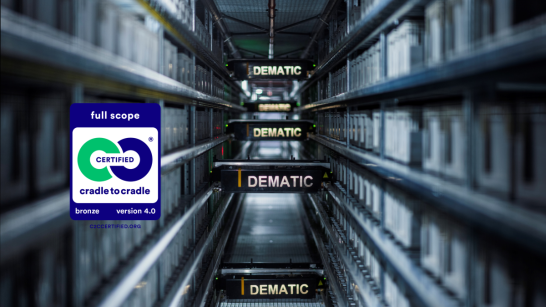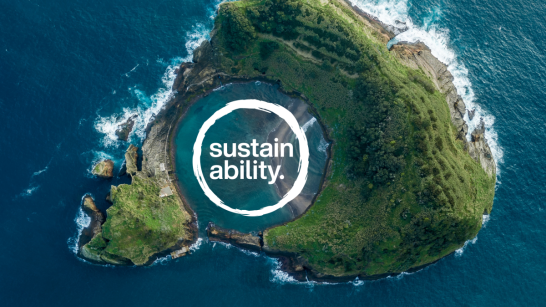Defeating the hidden giant: KION’s decarbonization journey in procurement
As one of the world's leading supply chain solutions companies, KION's bread and butter is optimizing customers' operations and value chains. But when it comes to sustainability, one of the most complex undertakings is to look in the other direction: upstream - where do the services and materials KION uses come from? To meet our commitment to reduce its greenhouse gas emissions and achieve net-zero emissions along our entire value chain by 2050 at the latest, we need to know exactly what happens in the KION value chain from beginning to end.
2025-05-02



